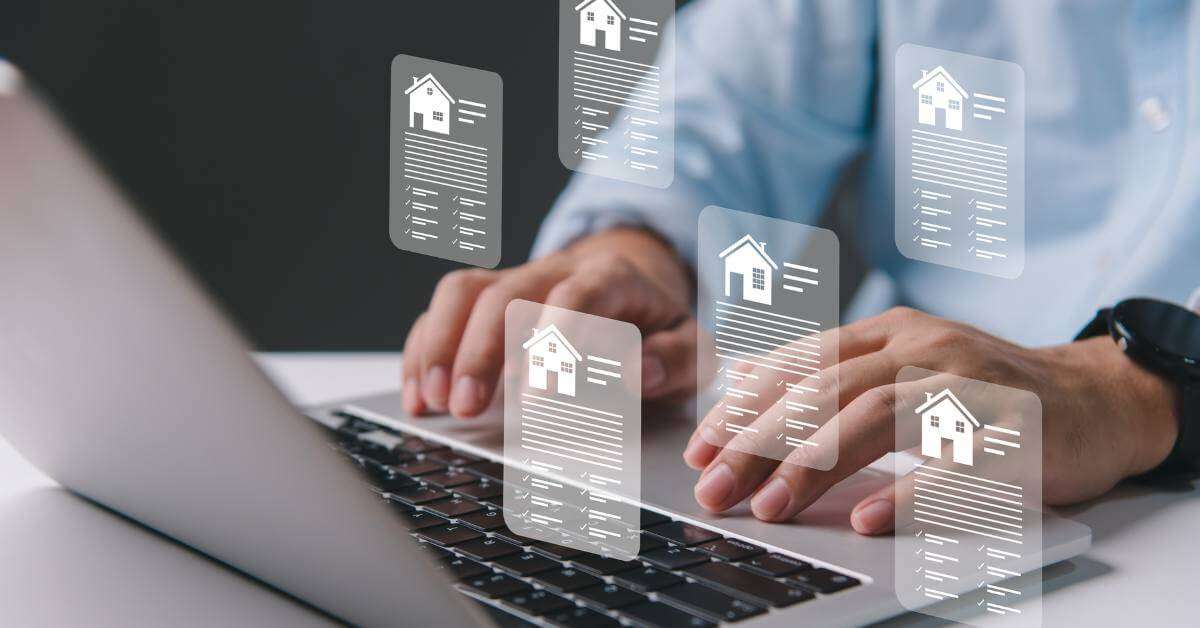The Internet of Things (IoT) is transforming many industries, and the realm of property management is no exception. As we step into a more connected world, the integration of IoT in property management is reshaping how properties are managed and operated. This article dives deep into the role of IoT in property management, demonstrating its potential to revolutionize the industry.

What is the Internet of Things?
The Internet of Things refers to a network of interconnected devices that communicate with each other through the internet. These devices can range from everyday household items to sophisticated industrial tools. In the context of property management, IoT devices can include smart thermostats, security cameras, and sensors that monitor various aspects of a property.
The Role of IoT in Property Management
IoT plays a crucial role in modern property management by enabling real-time monitoring and control. Property managers can now remotely manage various systems, reducing the need for physical presence and enhancing operational efficiency.
1. Enhanced Security
IoT devices provide advanced security solutions. Smart locks, surveillance cameras, and motion detectors ensure that properties remain secure. These devices can be monitored remotely, providing peace of mind to property managers and tenants alike.
2. Energy Efficiency
IoT enables energy-saving solutions such as smart lighting and thermostats. These devices can be programmed to optimize energy usage, reducing costs and environmental impact. Learn more about the eco-impact of such technologies.
3. Predictive Maintenance
With IoT, property managers can anticipate and address maintenance issues before they become major problems. Sensors can detect anomalies in systems, allowing for timely repairs and avoiding costly damage. For example, knowing how to test water pressure can prevent potential plumbing issues.
4. Improved Tenant Experience
Smart home technologies enhance the tenant experience by providing convenience and customization. Tenants can control lighting, climate, and security through their smartphones, offering a personalized living environment.
Challenges in Implementing IoT in Property Management
While IoT offers numerous benefits, there are challenges to consider. These include data privacy concerns, the need for robust internet infrastructure, and the initial cost of installation. However, the long-term benefits often outweigh these challenges.
1. Data Security
As data is constantly transmitted between devices, ensuring its security is paramount. Property managers must implement strong cybersecurity measures to protect sensitive information.
2. Infrastructure Requirements
Effective IoT implementation requires a robust internet connection and infrastructure. Properties must be equipped to handle the increased data traffic resulting from IoT devices.
The Future of IoT in Property Management
As technology evolves, the role of IoT in property management will continue to grow. Future advancements may include more advanced AI integration, allowing for even smarter property management solutions.
1. AI and Machine Learning
Integrating AI with IoT can lead to more intelligent systems capable of learning and adapting to user preferences. This can further enhance the efficiency and effectiveness of property management.
2. Integration with Other Technologies
IoT will increasingly be integrated with other technologies such as blockchain for secure transactions and augmented reality for virtual property tours.
3. Sustainability and Green Buildings
IoT will play a key role in developing sustainable and eco-friendly buildings. Smart systems can optimize resource use and reduce waste, contributing to a greener future.
Conclusion
The Internet of Things is undoubtedly a game-changer in the field of property management. It offers numerous benefits, from enhancing security to improving tenant experiences. As the technology continues to evolve, property managers must stay informed and adapt to these changes to remain competitive in the industry.

FAQs
1. What is the main advantage of using IoT in property management?
The main advantage is enhanced operational efficiency, allowing for real-time monitoring and control of property systems.
2. Are there any risks involved with IoT in property management?
Yes, potential risks include data privacy concerns and the need for robust cybersecurity measures.
3. How does IoT improve tenant experience?
IoT improves tenant experience by providing convenience and customization through smart home technologies.
For further reading on the advantages of technology in property management, refer to this Forbes article.
This article contains affiliate links. We may earn a commission at no extra cost to you.






